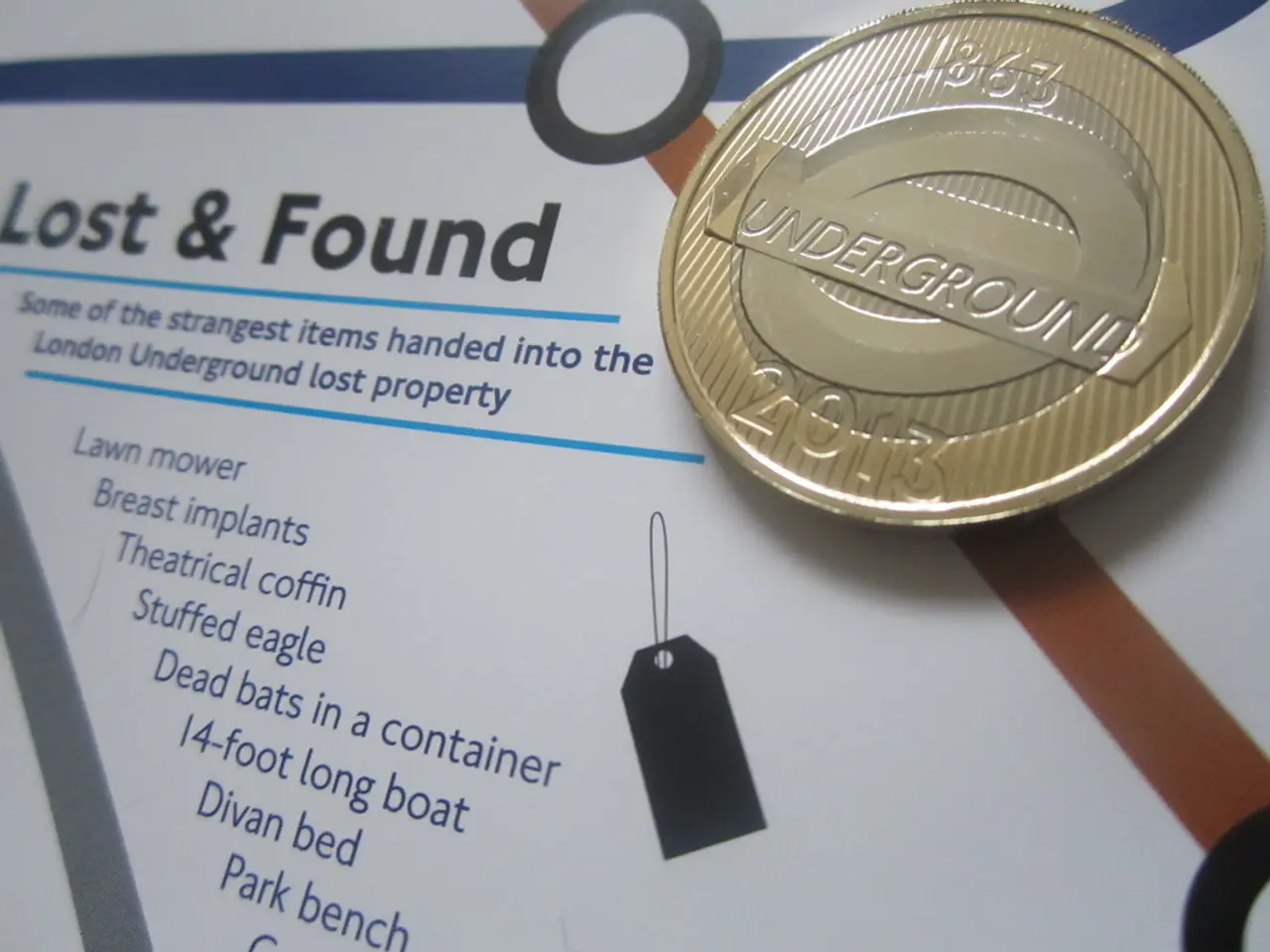Danger: Enticingallure of Accruing Fresh Loans - Auditor Court Issues Alert on Potential Danger of Fresh Borrowing
In North Rhine-Westphalia (NRW), the state's Audit Office has issued a warning about the potential risks of accumulating new debt in the state's budget. The warning, which refers to the "toxic temptation" of debt, highlights concerns about long-term financial strain, reduced budget flexibility, and the undermining of efforts to maintain sustainable public finances.
The state, often abbreviated as NRW, is currently under fiscal pressure, with calls for targeted investments to strengthen economic growth while ensuring sustainable public finances. The Stability Council, a German body, has emphasized the need for careful debt management across levels of government due to challenges in complying with EU fiscal rules.
The Audit Office, based in Düsseldorf, fears a significant gap between revenue and expenditure due to the global additional revenues, which are not specified in the budget plan. Expenditures, particularly in the areas of personnel, debt service, and the state's share of municipal old debts, are expected to continue rising.
The debt level of NRW, at around €163 billion, is still considered high. In 2020, the state's debt burden was around €155 billion and rose to €164.6 billion by 2023. Another €2.1 billion in crisis-related loans is planned for this year. The Audit Office advises that new debt should not be seen as a 'set' revenue item for balancing the budget.
Despite these challenges, NRW continues to issue sustainability bonds to finance social and environmental projects, indicating ongoing investment needs balanced against budget constraints. The financial planning of Finance Minister Marcus Optendrenk (CDU) for 2028 is estimated by the Audit Office to be "on shaky ground." The state is expected to face a shortfall of €6.2 billion in tax revenue for the years 2026 to 2028.
To address these issues, the Audit Office recommends that the state government first draw up a savings plan, stating which tasks and expenditures it wants to abandon or finance to a lesser extent. Only after the savings plan is in place should the possibility of structural new debt be considered, and only to the extent absolutely necessary.
Like the federal government, the states now have the right to take on new debt annually, together amounting to 0.35 percent of GDP - around €15 billion this year. NRW has a borrowing capacity of around €3.2 billion for 2025, according to the Audit Office.
Brigitte Mandt, president of the State Audit Office, described the possibility of taking on new debt as a "toxic temptation." The warning underscores how easy access to debt, especially under low-interest conditions, might seduce policymakers into unsound fiscal practices that jeopardize long-term economic health.
[References] 1. Stability Council recommendations 2. NRW Audit Office warning 3. NRW sustainability bonds
- The NRW Audit Office's warning, based on the "toxic temptation" of debt, emphasizes the need for the state government to draft a savings plan before considering structural new debt,especially in light of the potential risks of accumulating new debt and the undermining of efforts to maintain sustainable public finances.
- Amid fiscal pressure in NRW, the state's financial planning for 2028, as estimated by the Audit Office, appears to be on shaky ground, with tax revenue shortfall projected at €6.2 billion for the years 2026 to 2028. This situation, coupled with the potential need for ongoing investment in sustainable projects, makes the implications of debt management in the areas of policy, business, and politics significant for the state's general-news landscape.




